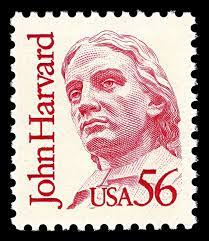Vallabhbhai Patel, born on 31October 1875, and passing away on 15 December 1950, was a prominent Indian statesman and one of the key figures in the struggle for India's independence from British colonial rule. He is often referred to as the "Iron Man of India" for his unwavering determination and efforts to unite the diverse princely states and regions of India into a single nation following independence in 1947.
Key points about Vallabhbhai Patel:
Independence Movement: Patel was a staunch supporter of Mahatma Gandhi and played a crucial role in the Indian independence movement. His leadership during various protests and movements was instrumental in achieving freedom for India.
Integration of Princely States: After India gained independence in 1947, the country faced the challenge of uniting over 500 princely states into a single nation. Patel was appointed as India's Deputy Prime Minister and Minister of Home Affairs. He orchestrated a successful campaign to persuade these states to join the newly formed Indian Union, ensuring the territorial integrity of the nation.
First Deputy Prime Minister: Vallabhbhai Patel served as India's first Deputy Prime Minister and was a key member of Jawaharlal Nehru's cabinet. He also held the crucial portfolios of Home Affairs and Information & Broadcasting.
Legacy: Patel's contributions to the creation of a unified and independent India are widely celebrated. His dedication to national unity and his leadership during a period of immense change and transition left a lasting legacy in the country's political and social history.
Statue of Unity: In honor of Vallabhbhai Patel's legacy, the "Statue of Unity," the world's tallest statue, was erected in India. It stands in the Indian state of Gujarat, Patel's home state.
Vallabhbhai Patel's leadership and vision played a pivotal role in shaping the modern Indian nation, and he is remembered as one of the founding fathers of the Republic of India.








































